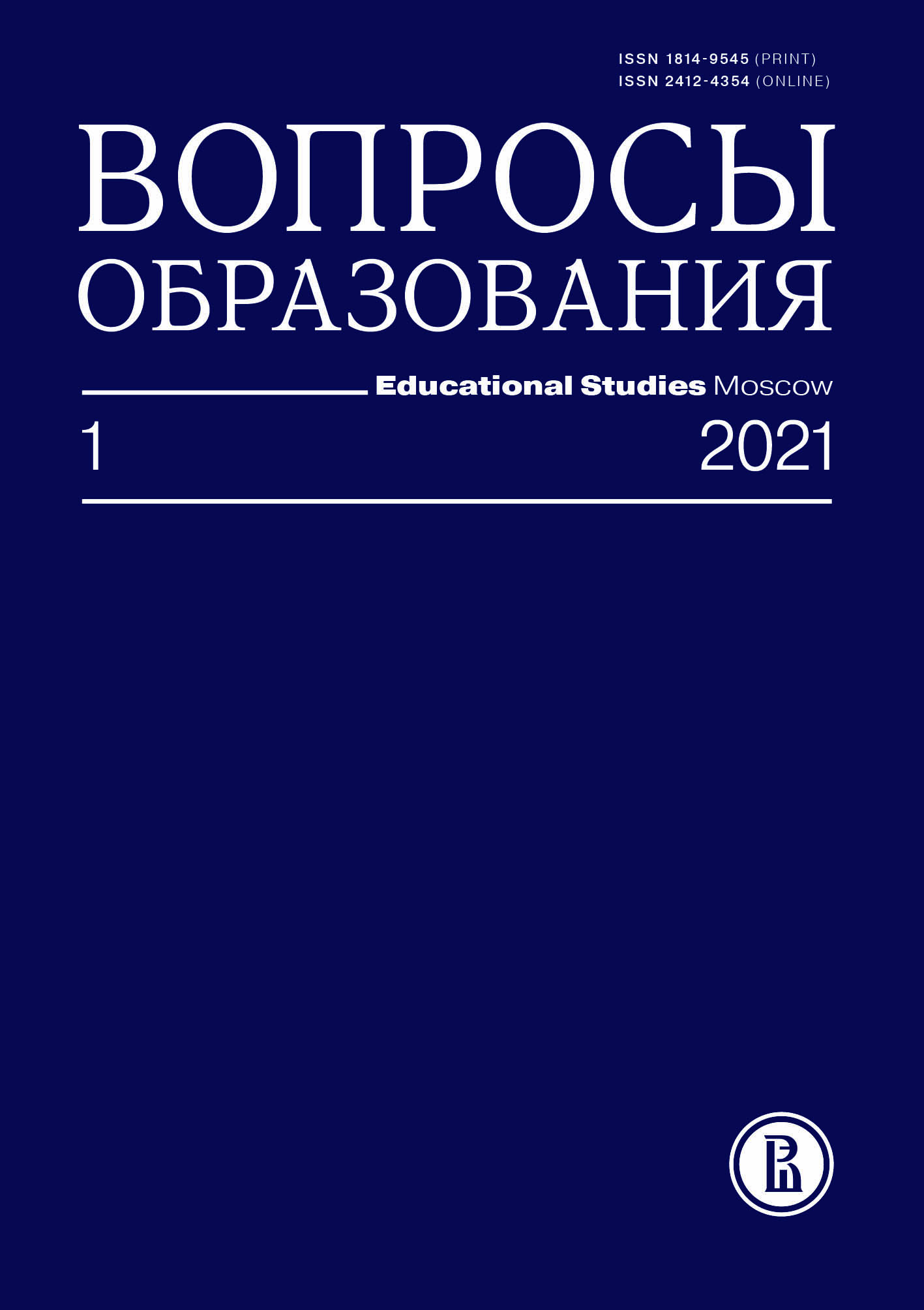Представления преподавателей вузов о будущем дистанционного образования
Аннотация
В ходе анкетирования вузовских преподавателей (n = 33 987), проведенного в апреле 2020 г., выявлены преимущественно негативные оценки усвоения студентами учебного материала в условиях дистанционного обучения по сравнению с очным и весьма пессимистичные представления о будущем российского высшего образования. В статье сформулированы гипотезы о причинах таких установок у вузовских преподавателей, приводятся аргументы в пользу возможной трансформации мнений и преодоления сопротивления технологическим изменениям. Основной проблемой является противоречие между ценностным идеологическим принятием цифровых инноваций и отказом от них на уровне личного опыта. Предлагая педагогам в ходе экспертных бесед альтернативные сценарии будущего, автор анализирует, из каких установок и суждений складывается неприятие, какие представления о будущем коррелируют с негативными, а какие — с позитивными оценками дистанционного формата обучения.








